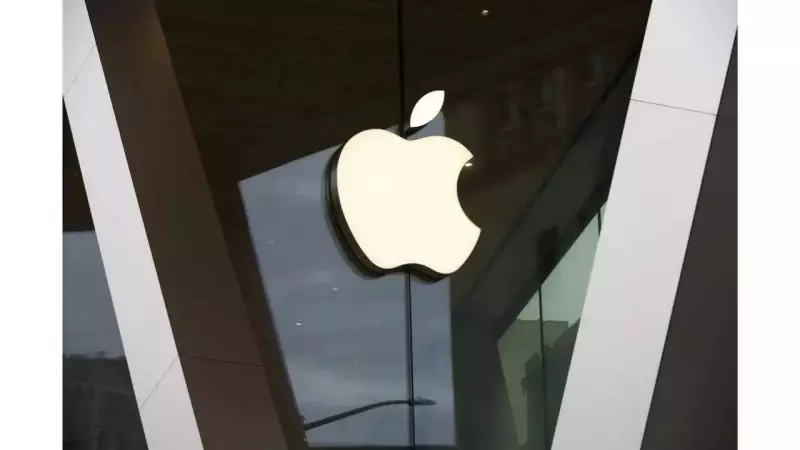
In a dramatic move that pits one of the world's most valuable companies against European regulators, Apple has officially launched a legal challenge against the European Union's sweeping new tech regulations. The Cupertino-based tech behemoth is taking aim at the Digital Markets Act (DMA), setting the stage for what could become one of the most significant legal battles in recent tech history.
What's Sparking This Tech Showdown?
The core of Apple's legal argument revolves around what the company calls "unprecedented and overreaching" requirements imposed by the DMA. At the heart of the dispute are provisions that would force Apple to:
- Allow third-party app stores on iOS devices
- Enable sideloading of applications outside the App Store
- Share key APIs and features with competitors
- Reduce the commissions it charges developers
Apple's Security Concerns Take Center Stage
Apple isn't holding back in its criticism of the new rules. The company argues that the DMA's requirements could "compromise the security and privacy" that iPhone users have come to expect. In court documents, Apple maintains that its walled-garden approach has consistently protected users from malware and privacy invasions that plague more open platforms.
"We're deeply concerned that the DMA forces us to dismantle the very protections that make iPhone the most secure personal device on the market," an Apple spokesperson stated, though the company declined to comment specifically on ongoing litigation.
The European Union's Stance
The European Commission, which drafted and implemented the DMA, sees the regulations as essential for creating a more competitive digital market. EU officials argue that Apple and other tech "gatekeepers" have used their dominant positions to stifle competition and innovation.
"The DMA aims to ensure fair and contestable digital markets," an EU representative commented. "We're confident our rules are balanced and necessary for consumer choice and innovation."
What's at Stake for Consumers and Developers?
This legal battle could have far-reaching implications:
- For iPhone Users: Potential access to alternative app stores and payment systems
- For App Developers: Lower commission fees and more distribution options
- For Apple: Billions in potential lost App Store revenue
- For the Tech Industry: A precedent that could shape global tech regulation
The Bigger Picture: Global Tech Regulation Trends
Apple's legal challenge comes amid increasing global scrutiny of Big Tech companies. The European Union has positioned itself as a leader in tech regulation, with the DMA representing one of the most comprehensive attempts to rein in the power of major technology platforms.
Similar regulatory efforts are underway in the United States, United Kingdom, and other major markets, though none have been as aggressive as the EU's approach. The outcome of Apple's legal challenge could influence how these other jurisdictions proceed with their own tech regulation efforts.
The clock is ticking – if Apple's legal challenge fails, the company will need to comply with the DMA's most significant requirements by early 2024. This timeline adds urgency to what promises to be a closely watched legal proceeding that could redefine the relationship between tech giants and regulators for years to come.





